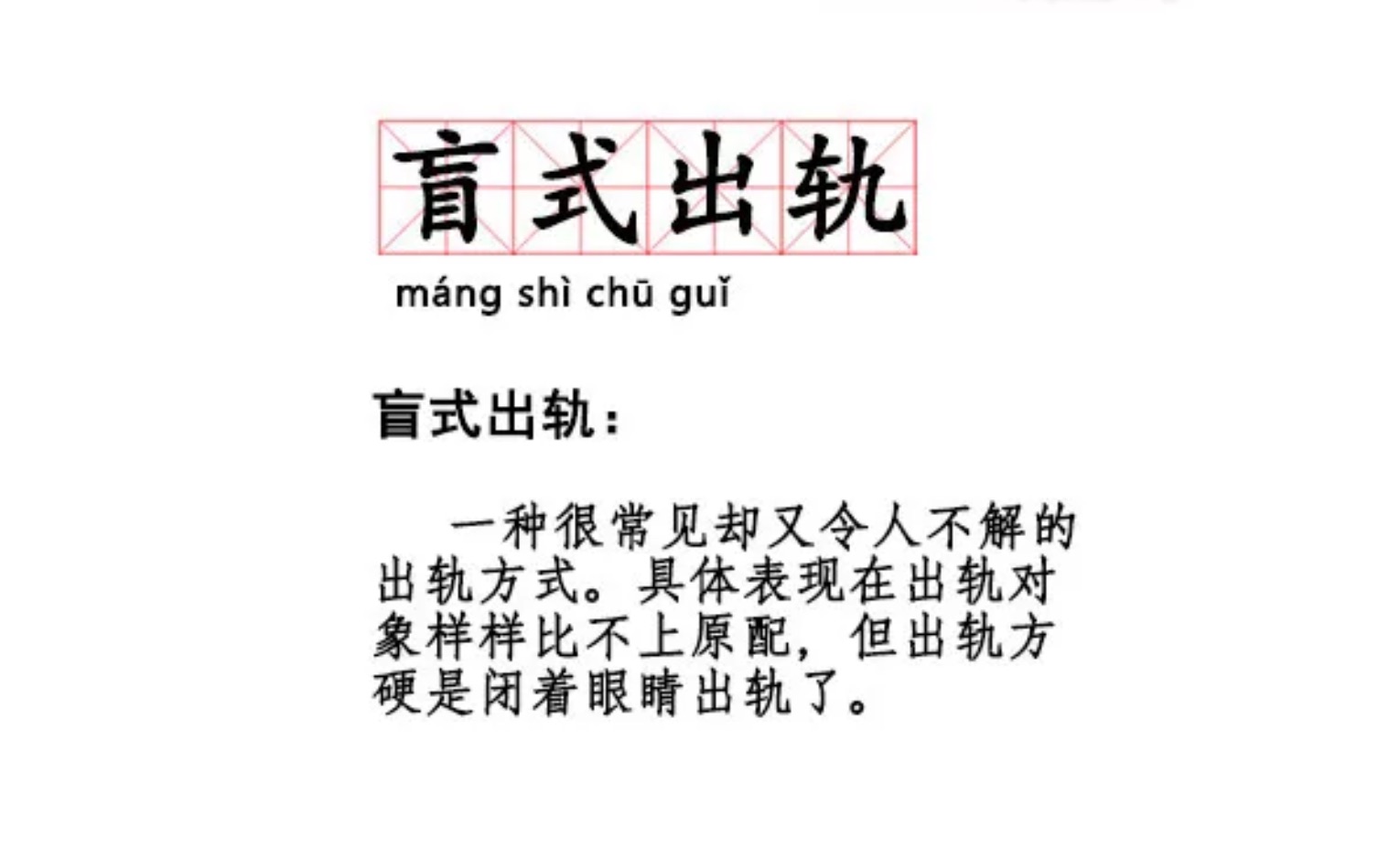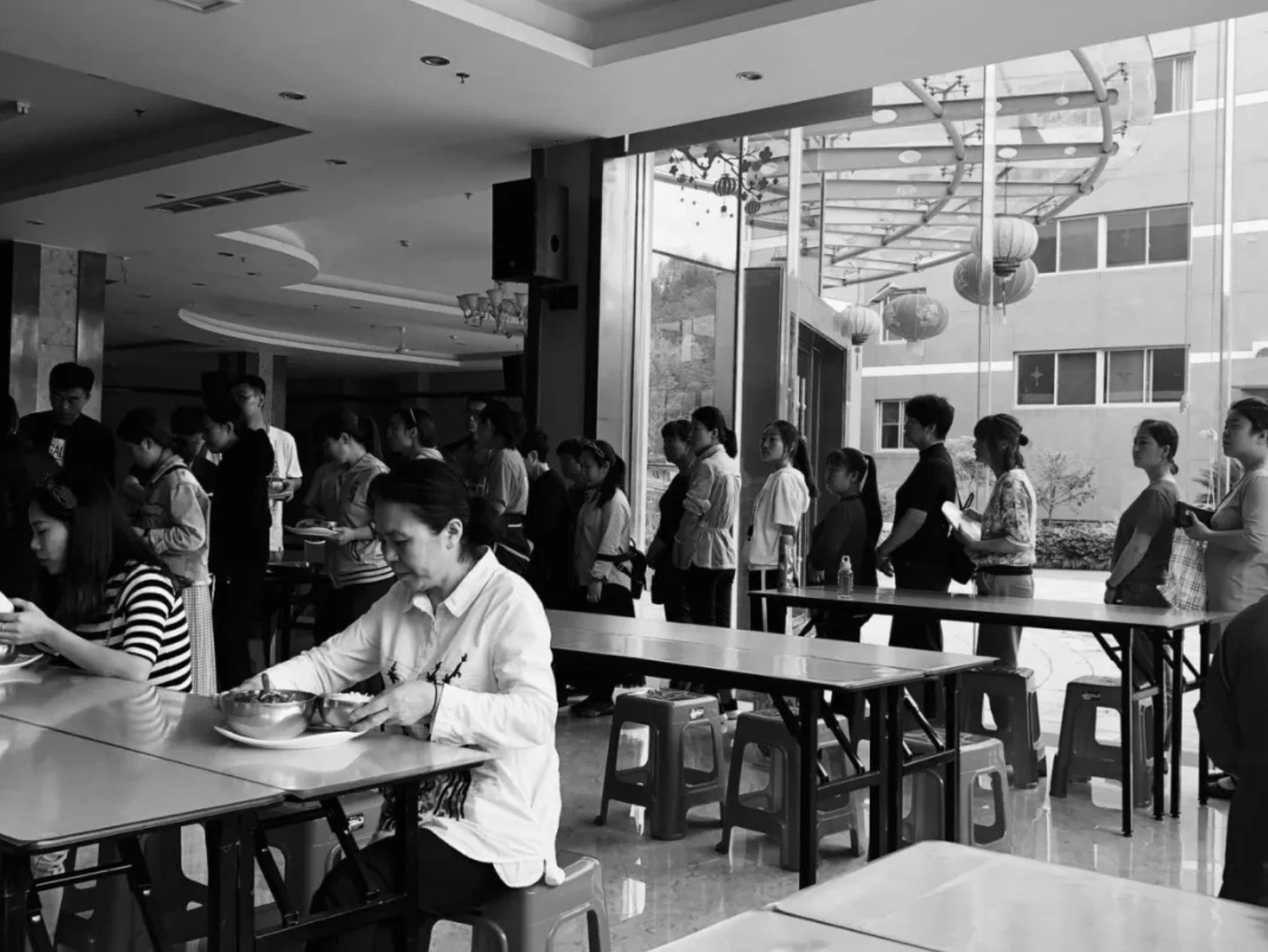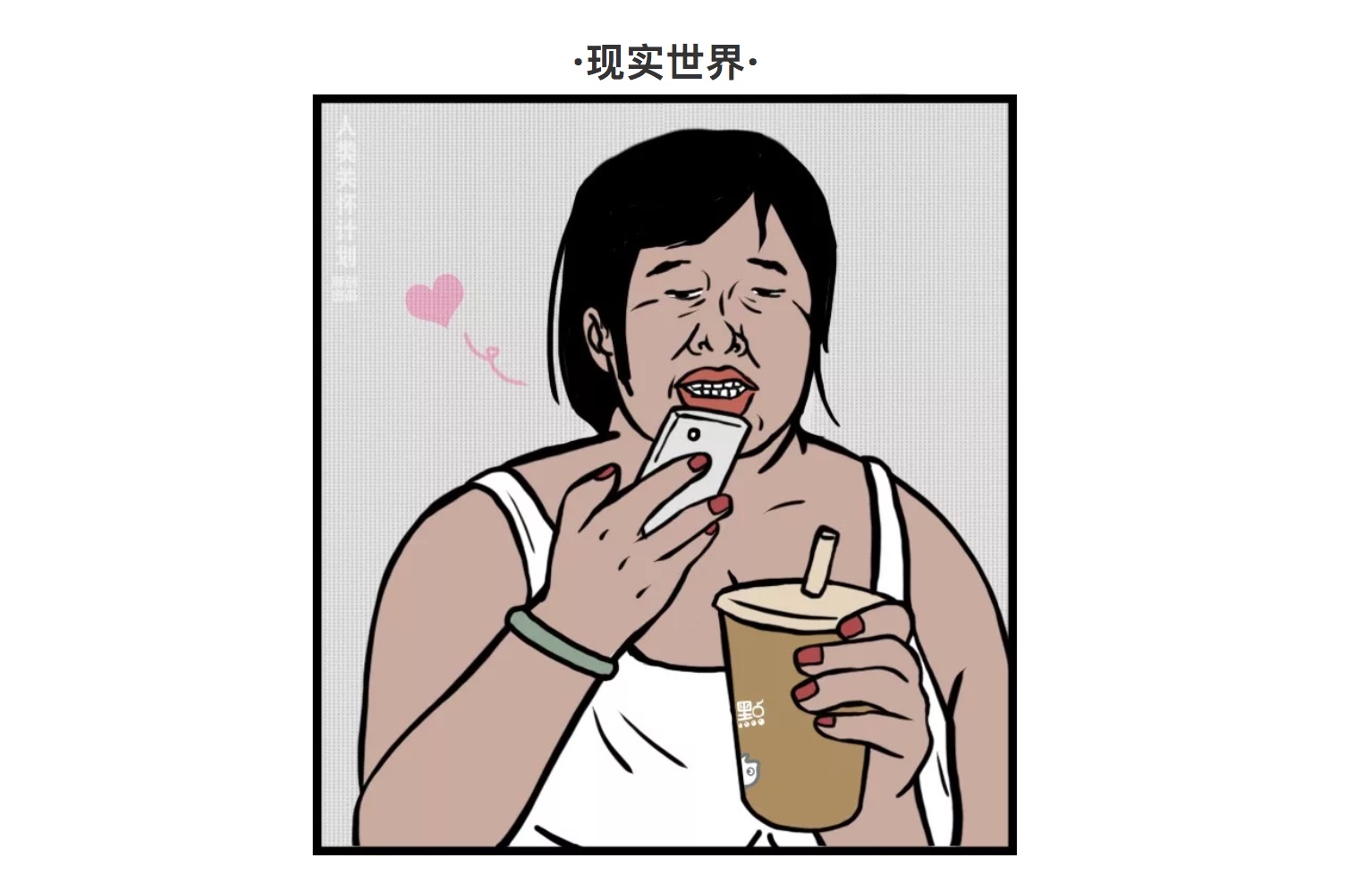Chinese Corner — What China’s reading this week
Chinese Corner — What China’s reading this week

One of the most frequent requests I have received since I took over as editor of The China Project is for more links to and explanation or commentary on Chinese writing, including journalism, fiction, and long-form writing of all kinds.
Despite censorship, long-form writing is thriving on the Chinese internet for two reasons: Many nonprofessional writers are publishing on social media, and people who write for money are now able to get funded directly by their readers, thanks to the ubiquity of WeChat and Alipay.
So I’m delighted to present below our first installment of Chinese Corner, by Jiayun Feng. We’ll be publishing these once a week from today. As always, we’d love to hear your feedback: jeremy@thechinaproject.com or jiayun@thechinaproject.com or editors@thechinaproject.com to reach our whole editorial crew.
—Jeremy Goldkorn
Note: Almost all of the links below are to Chinese sources, so we have not marked them to avoid cluttering up your screen.
~
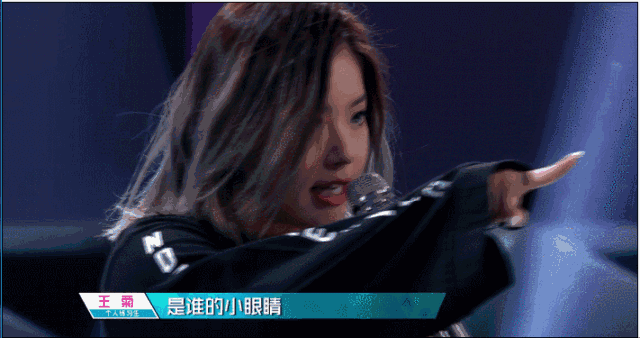
Why is ‘gay icon’ reality star Wang Ju so popular?
王菊逆袭前后的24小时
By 吞Labs
May 30, 2018
Produce 101 创造101 is a Chinese reality show that normally features young, “cute,” conventionally beautiful girls, but Wang Ju 王菊 — full-figured, tanned, and audacious — fostered a legion of devoted fans in a short amount of time, exploding into a cultural phenomenon that shows no signs of slowing down. Sixth Tone has called her a “gay icon.”
Wang’s explosive popularity is in many ways reminiscent of the national excitement in 2005 surrounding Li Yuchun 李宇春, the androgynous-looking champion of Chinese singing contest show Super Girl. In an essay on Jiemian (a Shanghai-based website affiliated with The Paper and Sixth Tone), He Runxuan 何润萱 explains Wang’s sudden ascent is because she is a “dissident,” who became an icon by refusing to be a piece of eye candy who could not think independently.
Some cultural critics are more skeptical. In a Sanlian Lifeweek article, Zhang Yuehan 张月寒 argues that Wang is greatly overrated and the hype around her indicates the lack of diversity in Chinese pop culture. Agreeing with Zhang, author of the WeChat blog Greenwich Hipster Research Society 格林威治嬉皮研究公社 says that the majority of Wang’s followers are fascinated less by her being a talented entertainer than by her being a symbol of rebellion.
~
New slang: Blind adultery and upper-class marginals
盲式出轨,上流社会边缘人士,2018朋友圈流行词,哪个词说中了你?
By: 广州日日睇
May 30, 2018
We’re not even halfway through the year and the Chinese internet already has a list of new buzzwords of 2018. The WeChat post above lists a bunch of new slang words. Unusually for a Chinese-language word list, the compilers have included pinyin. Some examples:
- The invisible poor (隐形贫困人口 yǐnxíng pínkùn rénkǒu): People who eat well and go out a lot but are actually broke
- Blind adulterer (盲式出轨 mángshì chūguǐ): A person who has an affair with someone who is inferior to their spouse in every respect.
- Upper-class marginals (上流社会边缘人士 shàngliú shèhuì biānyuán rénshì): Poor people whose friends are all rich.
- Post-shower mental disorder (浴后神经絮乱 yùhòu shénjīng xùluàn): A disorder in which people find themselves attractive and can’t stop looking at themselves in the mirror right after taking a shower.
- Watching TV like a screenwriter (编剧式观影 biānjùshì guānyǐng): People who actively seek out spoilers before watching movies or TV shows.
~
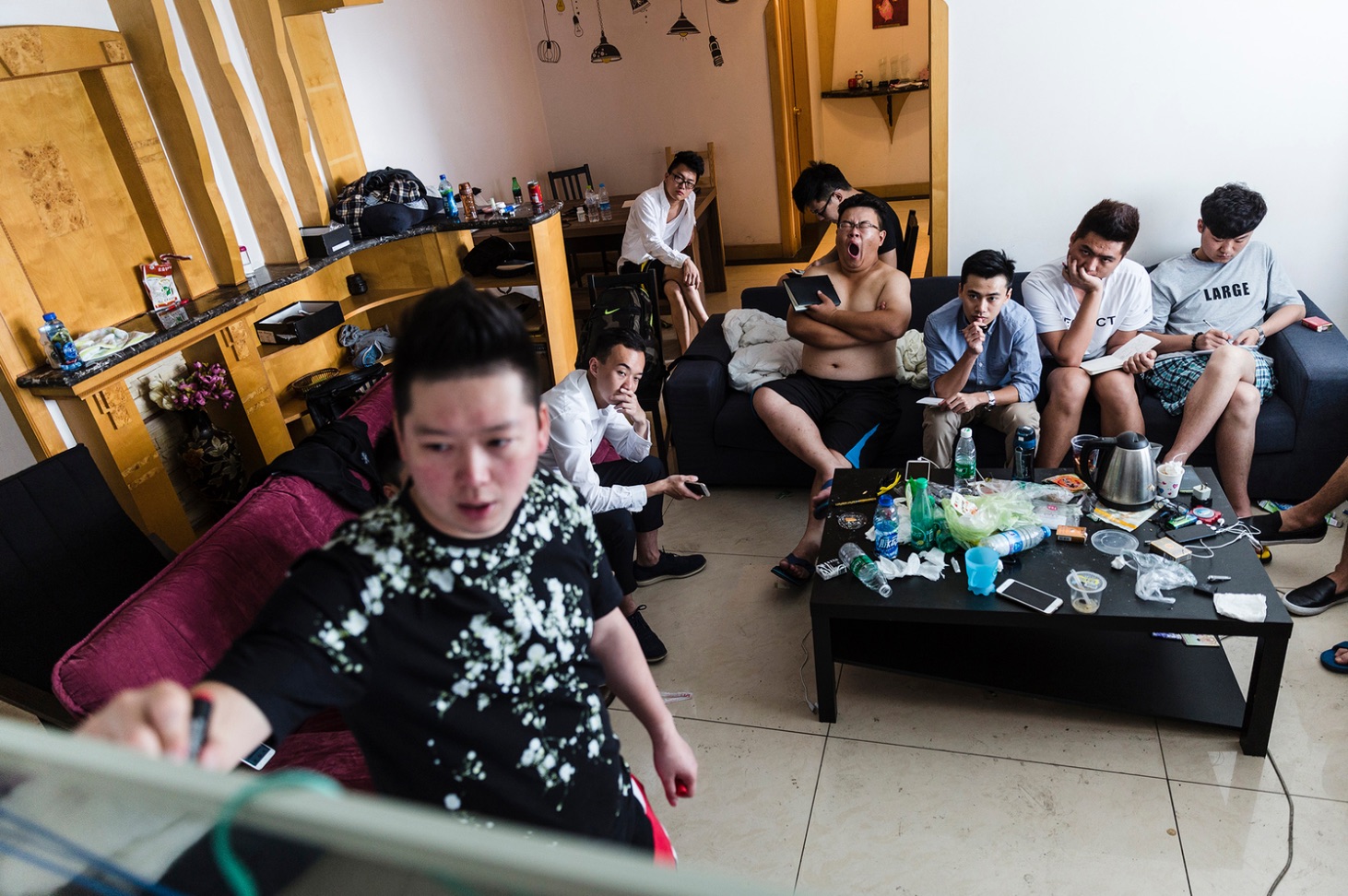
What you think is love is actually dirty tricks
PUA之毒:你以为的爱情,可能都是套路
By: 立青 | 谷雨实验室
June 1, 2018
The subculture of “pickup artists” (PUA) has arrived in China. Often branding themselves as “dating coaches,” mentors in the Chinese PUA community have been featured and discussed extensively by Western media such as the New York Times and ChinaFile. But in this article published by Guyu Lab 谷雨实验室, seven people, both victims and perpetrators of this misogynist dating approach, share their stories in an unprecedentedly candid fashion.
In the article, one woman recalls her abusive relationship with a PUA mentor, whom she later found was dating over 20 girls simultaneously. One aspiring PUA confesses that even though he remains single after spending more than five years studying theories, he still unwaveringly believes what he was taught at a PUA academy. A creator of an anti-PUA social group reveals that many college students are taking the class and also that some PUAs have set their sights on teenage girls.
~
168 hours at a ‘virtue school’ for women
在卷土重来的女德班,我卧底了168小时
By 崔四爷 赵普通 | 真实故事计划
May 28, 2018
In late November last year, a “virtue school” in Fushun, Liaoning Province, made headlines after a video exposed its brainwashing of female students with sexist ideas. While the school was forced to shut down after the outcry triggered by the clip, it opened at a new location in Wenzhou last month.
One journalist took a seven-day course at the school. In the article linked above, she documents her experience. Rather than condemn the school and her classmates, she makes a genuine attempt to understand the struggles of her classmates with empathy.
~
How to find an edible chicken in Beijing
在北京,怎样吃到一只合格的鸡
By: 吴余 | 大象公会
May 30, 2018
“You’re right. Chickens in Beijing taste bad. It’s because good chickens are absent in northern China and people there don’t know how to cook them.”
Blogger Wu Yu 吴余, author of “Why Beijing snacks are terrible,” has fired another shot at the capital’s food scene. This time, chickens are the target. “After all, you’ll surprisingly find yourself in agreement with that famous joke about Beijing food: Only in Dicos, McDonald’s, CNHLS, and KFC can you find decent chicken dishes,” Wu provocatively concludes after taking a deep dive into the city’s poultry industry.
~
Don’t try this at home, 15-second-video viewers
抖音在左,现实在右
By: 阿默 | 人类关怀计划
May 8, 2018
The massively popular short-video-sharing app Douyin 抖音 showcases the awe-inspiring creativity of Chinese internet users, but this essay argues that it also exposes how clueless and idiotic some can be when they think a highly scripted 15-second clip can be seamlessly transformed into real life. As many media outlets reported, the naivete has resulted in brawls and injuries across China. For example, when two men in Zhejiang used some pickup lines they learned from Douyin videos to hit on girls in a restaurant, they ended up getting beaten up by the girls’ partners and arrested by police. In Wuhan, a father tried a stunt he saw on Douyin with his two-year-old daughter and ended up leaving her paralyzed.
